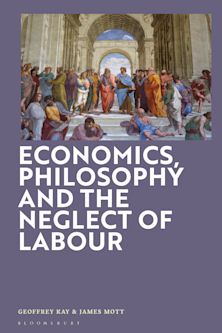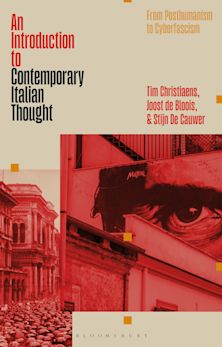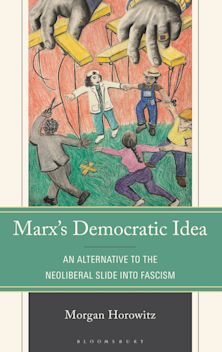The Who and Philosophy
This product is usually dispatched within 1 week
- Delivery and returns info
-
Free US delivery on orders $35 or over
Description
The Who were one of the most memorable and influential of the 1960s British Invasion bands—memorable because of their loudness and because they destroyed instruments during performances, and influential because of their success in crafting “Power Pop” singles like “My Generation” and “I Can See for Miles,” long-playing albums Live at Leeds and Who’s Next, and the “rock operas” Tommy and Quadrophenia. The themes that principal songwriter Pete Townshend imparted into The Who’s music drew upon the group’s mostly working-class London upbringings and early Mod audiences: frustration, angst, irony, and a youthful inclination to lash out. Like some of his rock and roll contemporaries, Townshend was also affected by religious ideas coming from India and the existential dread he felt about the possibility of nuclear war. During a career that spanned three decades, The Who gave their fans and rock critics a lot to think about. The remarkable depth and breadth of The Who’s music and their story as one of the most exciting and provocative rock bands over the last half-century are the subjects of the philosophical explorations in this collection.
Table of Contents
by Rocco J. Gennaro and Casey Harison
Part I-“I Can't Explain”: Mod Culture
Chapter 1. The Who and “My Generation”: Philosophical Recollections of a Former Second Wave Mod
by Catherine Villanueva Gardner
Chapter 2. All Mod Cons: The Who and Rock 'n' Roll Authenticity
by Steven D. Williams
Part II-“We're Not Going to Take It”: Alienation and Angst
Chapter 3. “I've Had Enough”: The Who and Social Revolution
by Casey Rentmeester and William Knoblauch
Chapter 4. Who's That Outside?
by Greg Littmann
Chapter 5. To the Sea and Sand: Quadrophenia – An Interpretation
by Robert McParland
Chapter 6. Fiddling about Becoming a Man
by Christopher Ketcham
Part III-“The Real Me”: Consciousness, Disorders, and Deception
Chapter 7. “See Me, Feel Me, Touch Me” – Know Me: Rationalism vs Empiricism in Tommy
by Russell L. Johnson
Chapter 8. What Does Tommy Feel?: The Aesthetic Experience of a Deaf, Dumb, and Blind Kid
by S. Evan Kreider
Chapter 9. “He Only Comes out Wh
Product details
| Published | Jun 23 2016 |
|---|---|
| Format | Hardback |
| Edition | 1st |
| Extent | 256 |
| ISBN | 9781498514477 |
| Imprint | Lexington Books |
| Illustrations | 2 tables; |
| Dimensions | 9 x 6 inches |
| Series | The Philosophy of Popular Culture |
| Publisher | Bloomsbury Publishing |
Reviews

ONLINE RESOURCES
Bloomsbury Collections
This book is available on Bloomsbury Collections where your library has access.



































